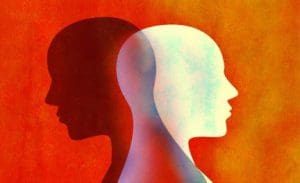Treating Co-Occurring Substance Use and Psychiatric Diagnoses: A Discussion of Integrated Treatment (3HR)
The term “dual diagnosis” describes the clinically challenging comorbidity of a substance use disorder (SUD) along with another major mental illness. Evidence-based psychotherapies for addiction, including motivational interviewing, cognitive-behavioral therapy, relapse prevention, contingency management, skills training, and/or case management, are a necessity and must be balanced with rational and appropriate pharmacotherapy targeting both the SUD as well as the other disorder. Treating patients with co-occurring disorders (CODs) within integrated dual-disorder treatment (IDDT) programs sounds straightforward. However, implementing evidence-based “best practice” treatment is a significant challenge in the real world for several reasons. In this webinar, we will explore the challenges of working with a dual-diagnosed client from accurate diagnosing to determining the best-integrated dual-diagnosis treatment (IDDT) plan, and the challenges in the ‘real world’ that these clients face to managing their diagnoses.
Upon completion of this training, participants will be able to:
- Identify the main concepts of dual diagnosis
- Explain diagnostic dilemmas and the most common dual diagnoses
- Understand “real world” challenges that dually diagnosed clients face in recovery and mental health management
- Demonstrate through case studies and breakout sessions evidence-based treatments effective in working with dually diagnosed
- Identify & Implement pharmacology and medication-assisted treatment while understanding potential contraindications
This course offers 3 Online CE Hours of SS (EBT)(PSY).
Course Instructor: Shannon McCabe, MA, LCAS, CCS, CCJP, CPS
Recording Date: 11/01/2024



